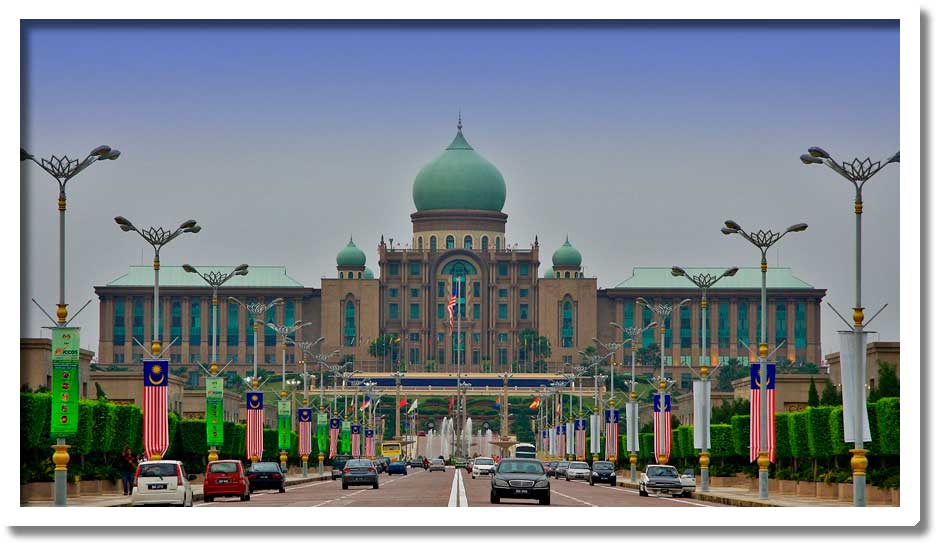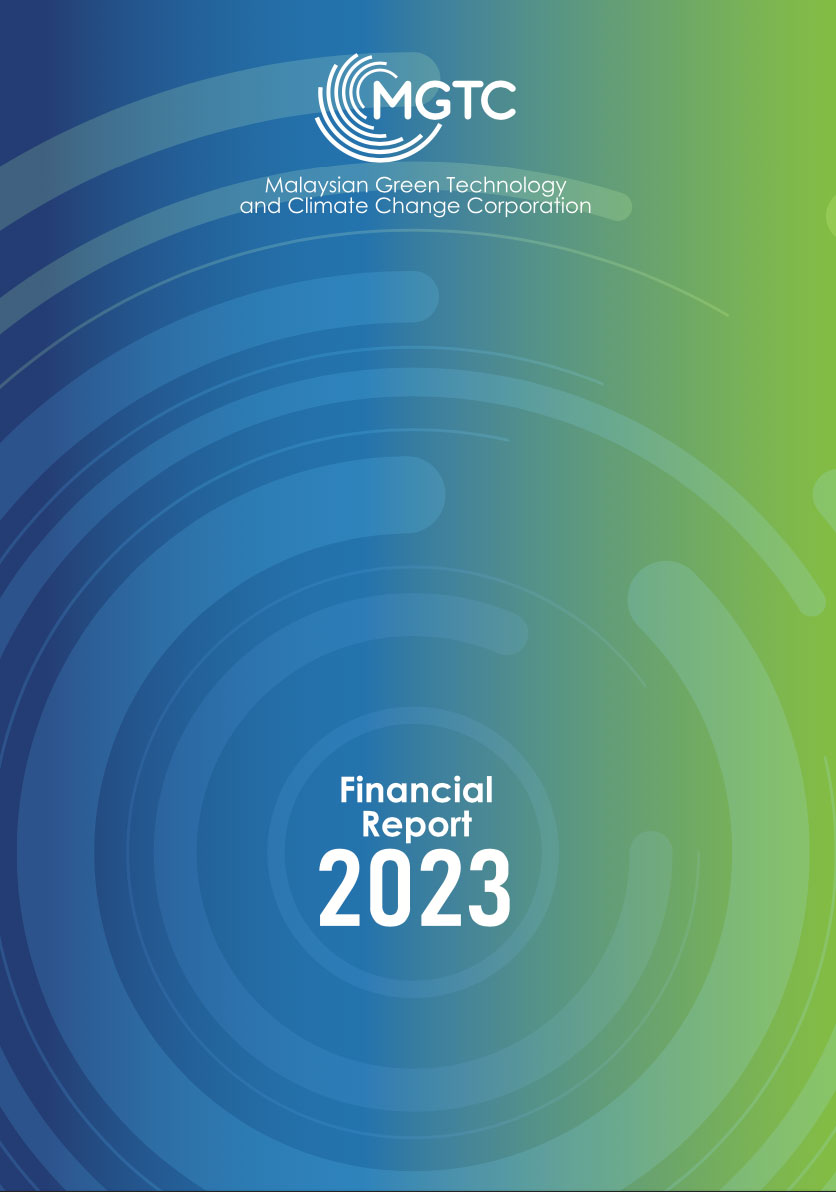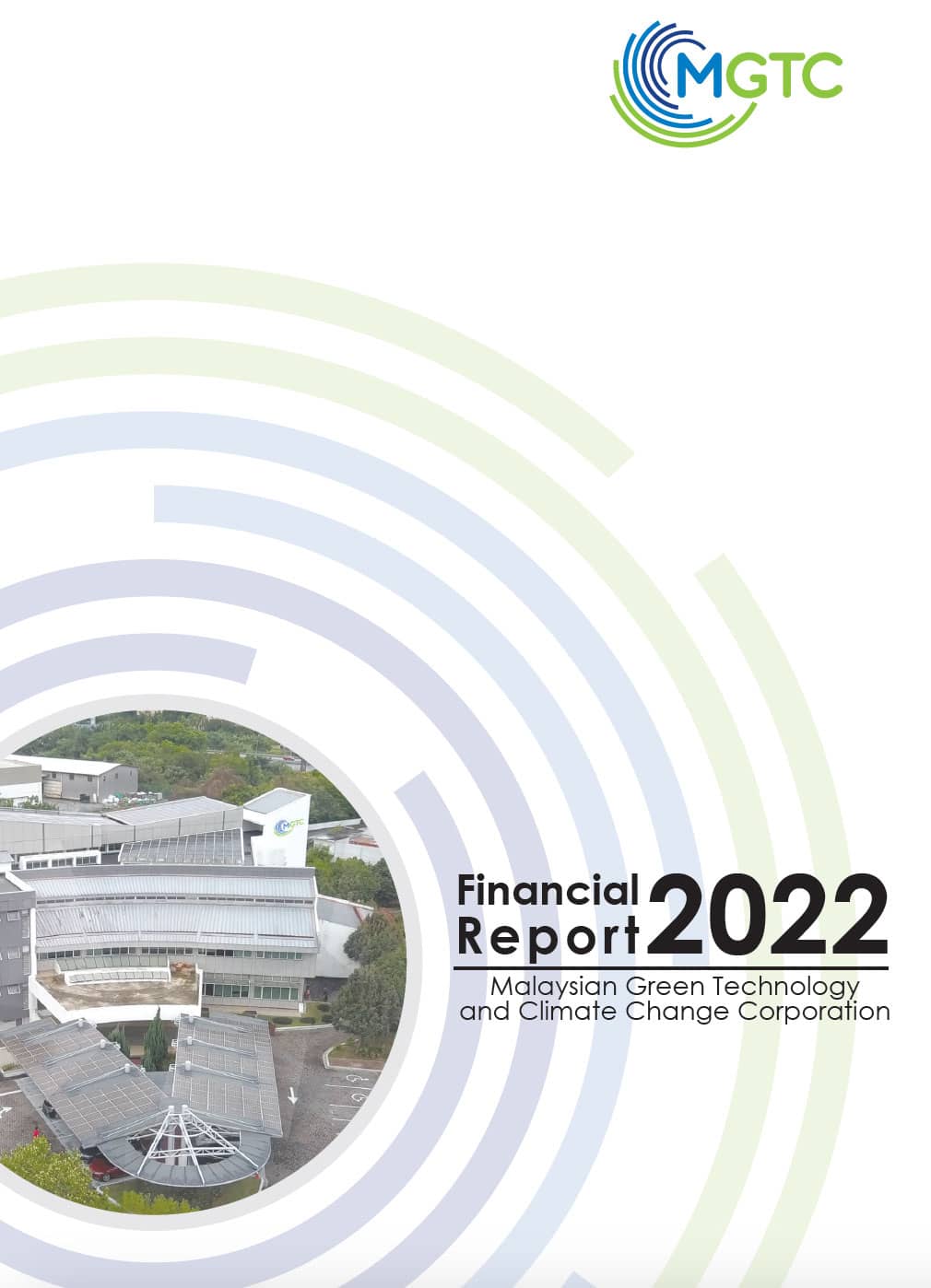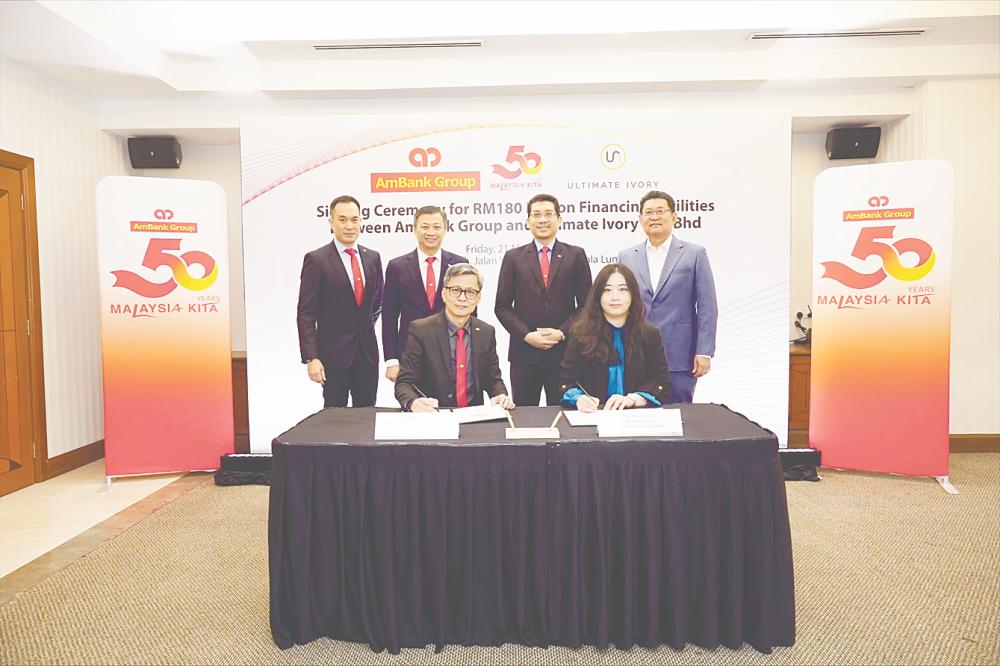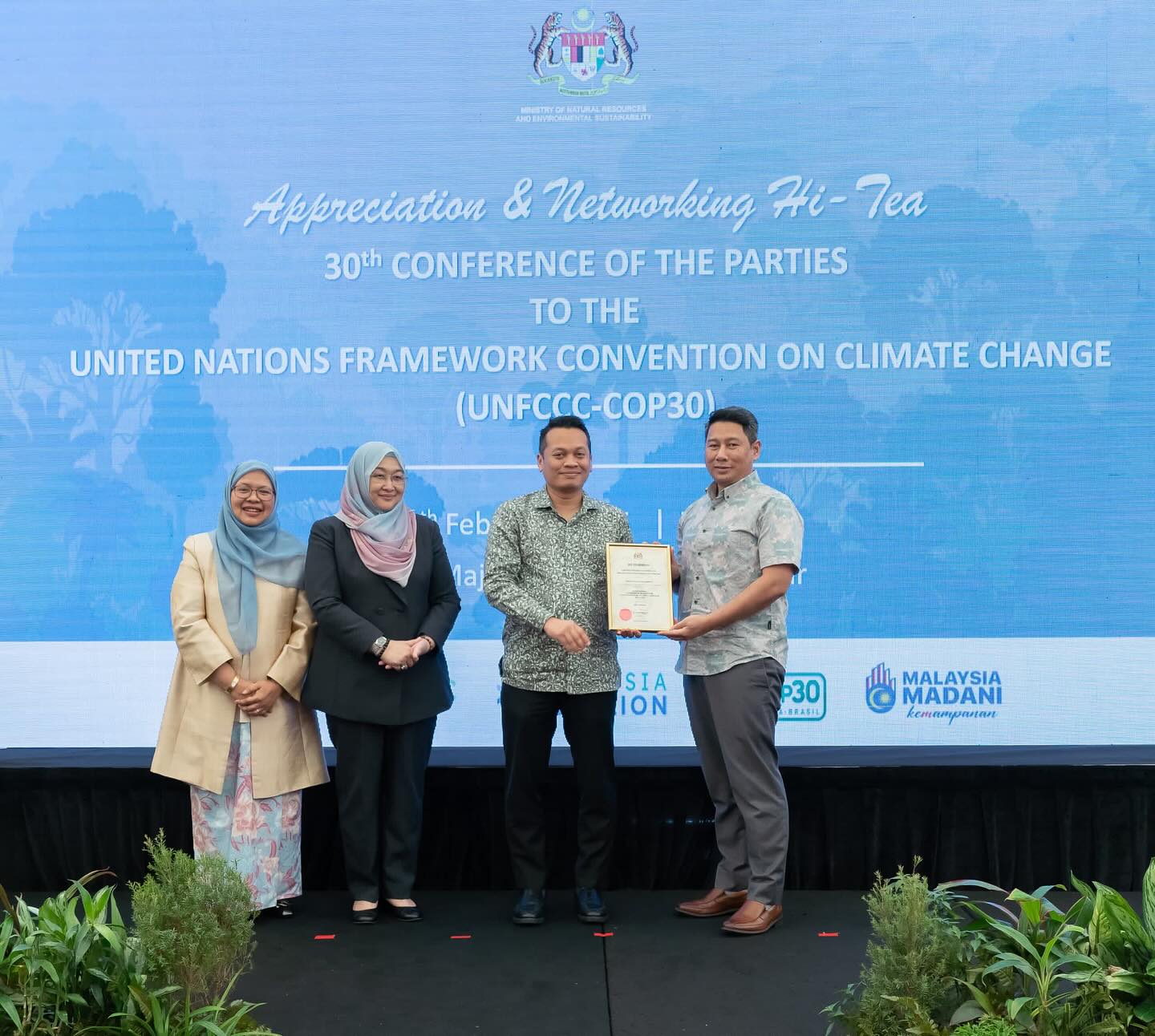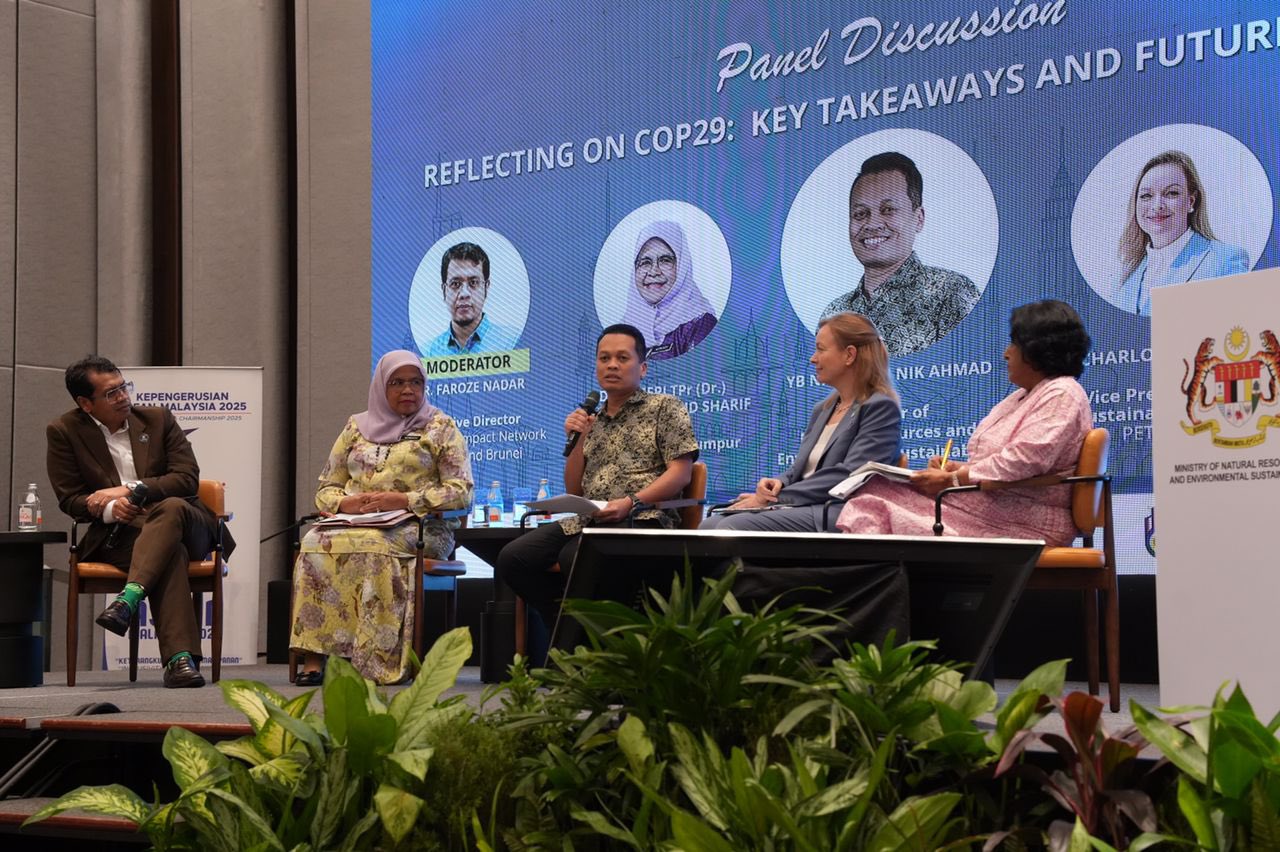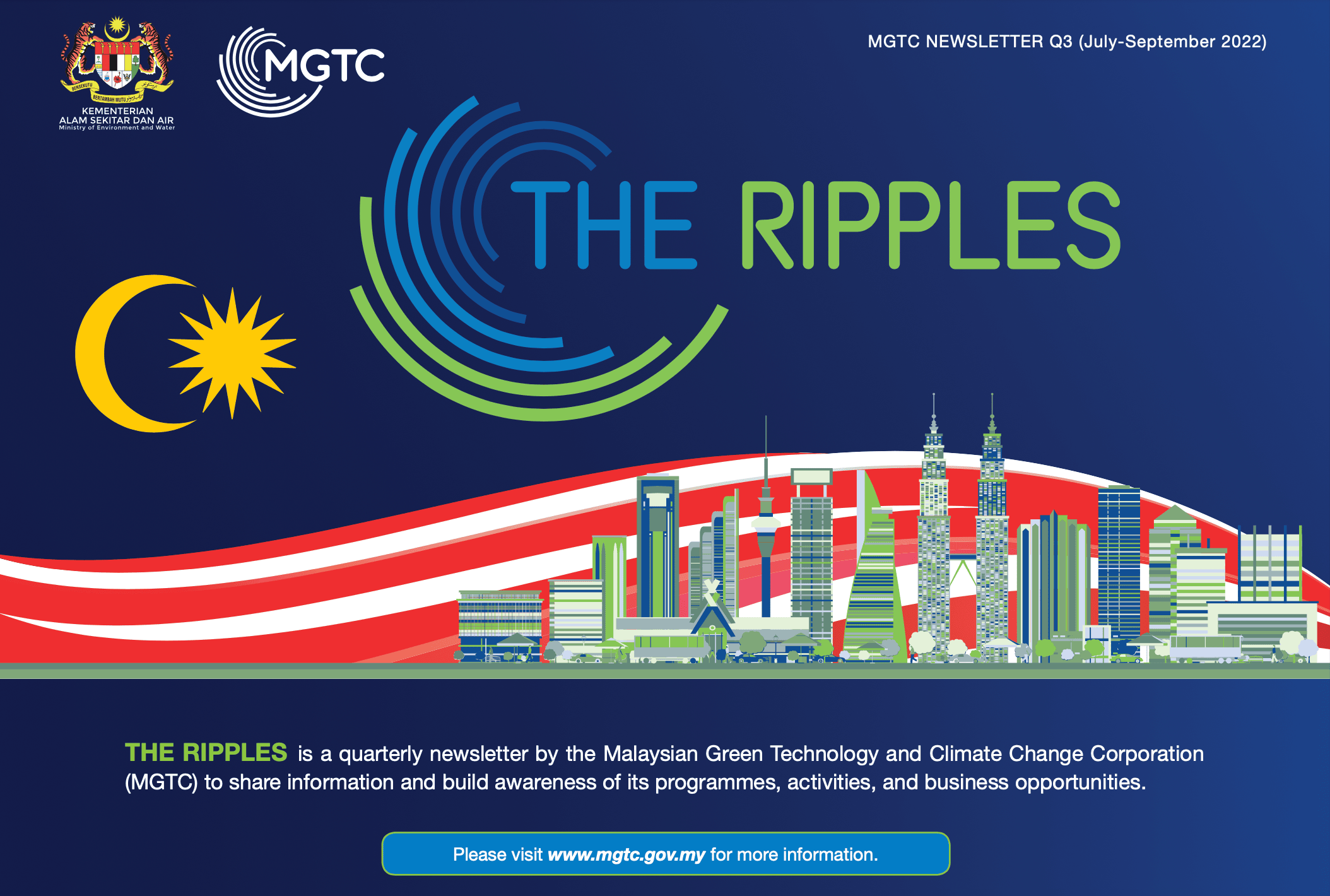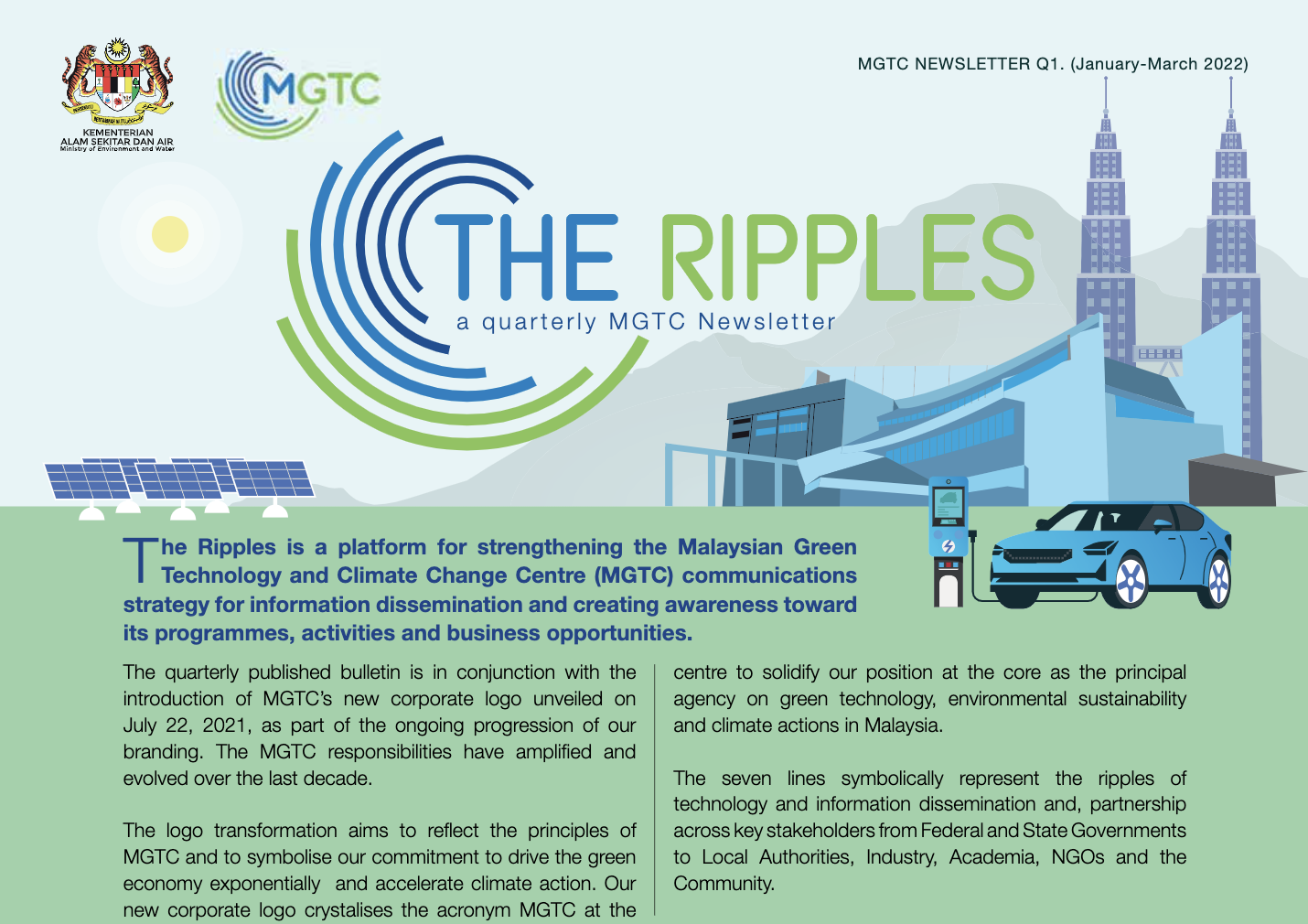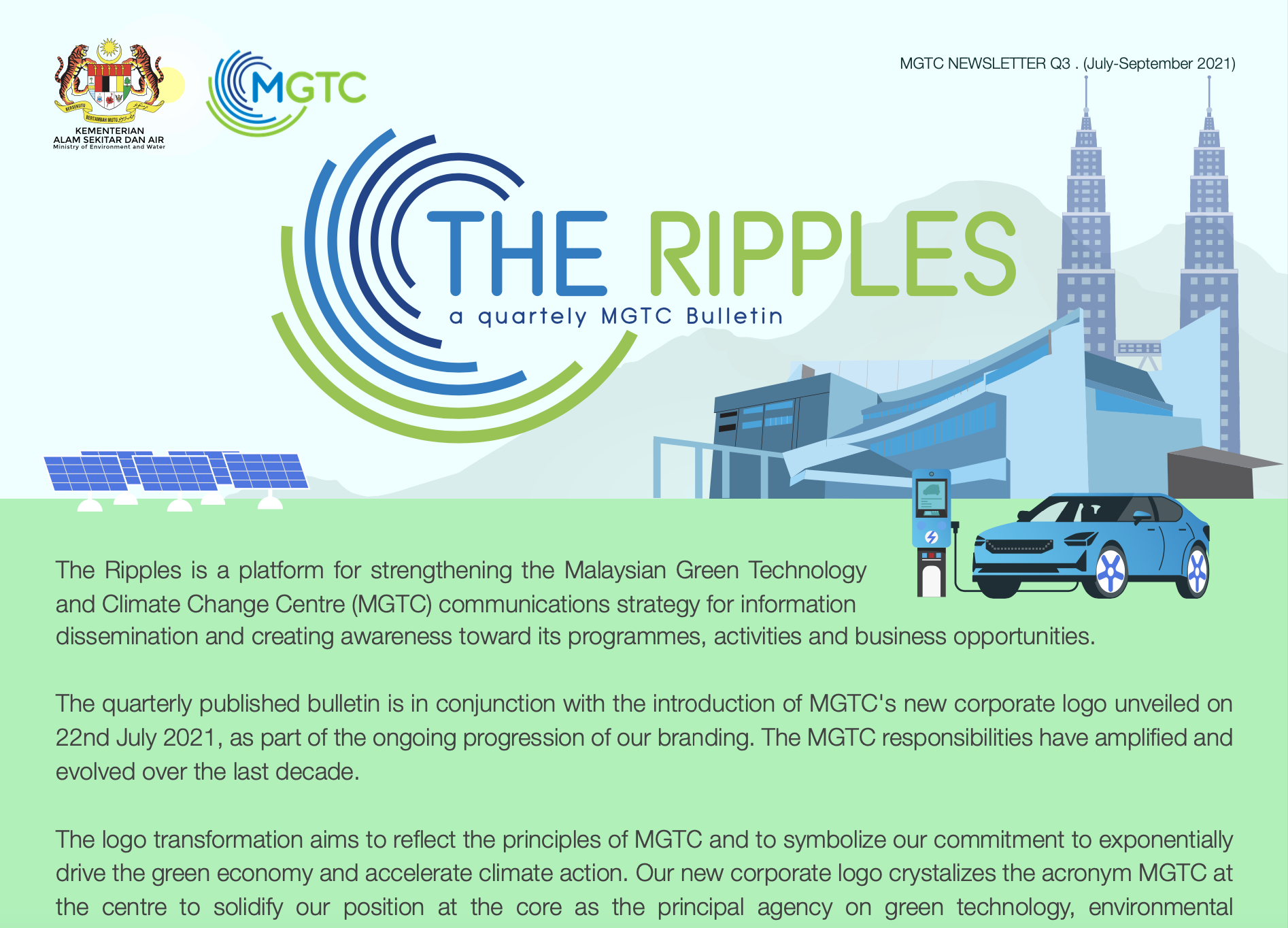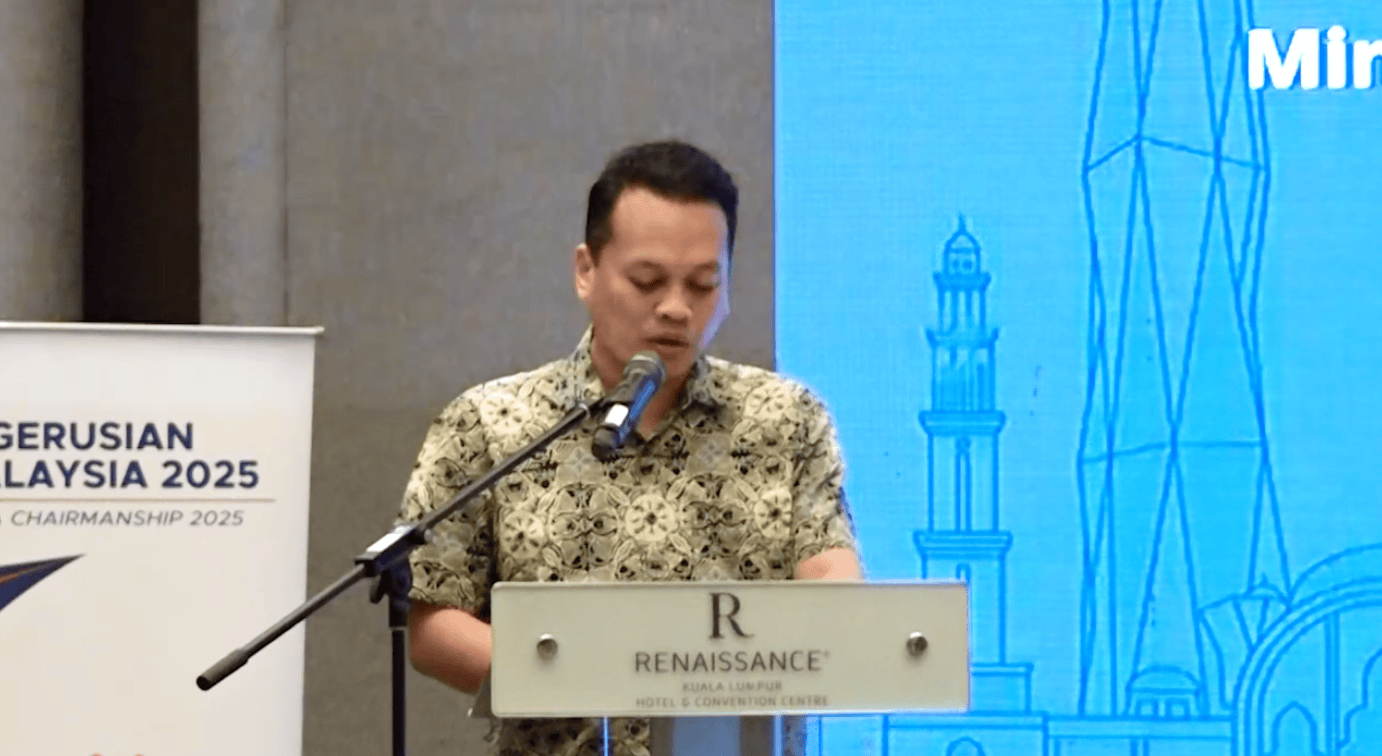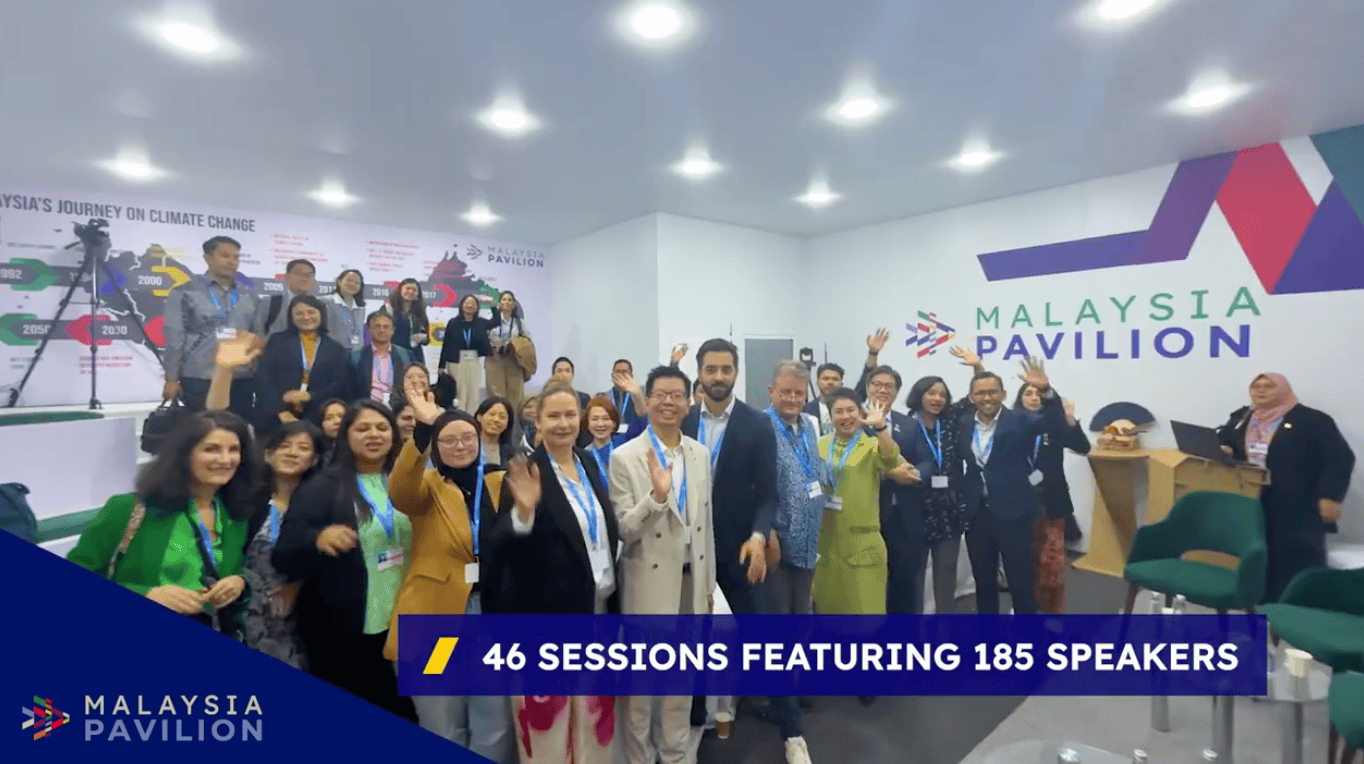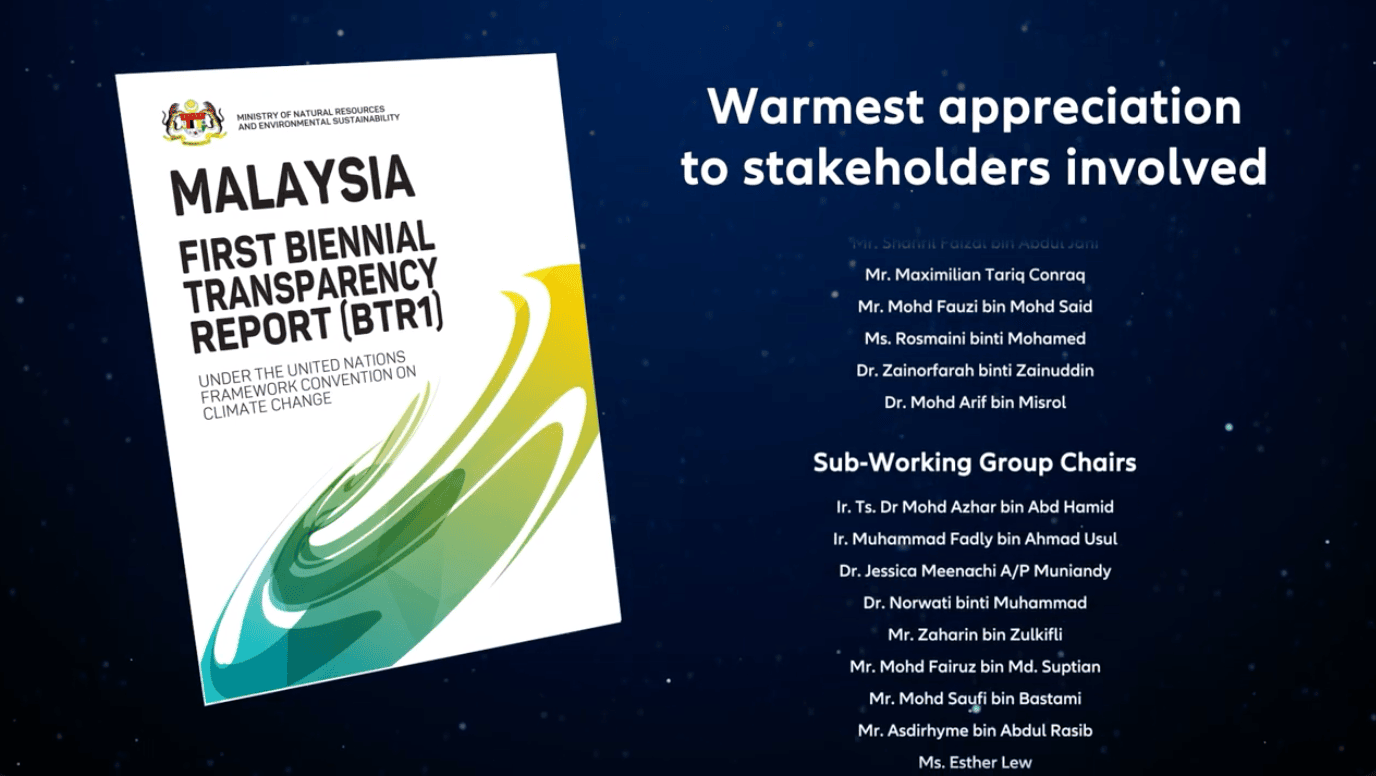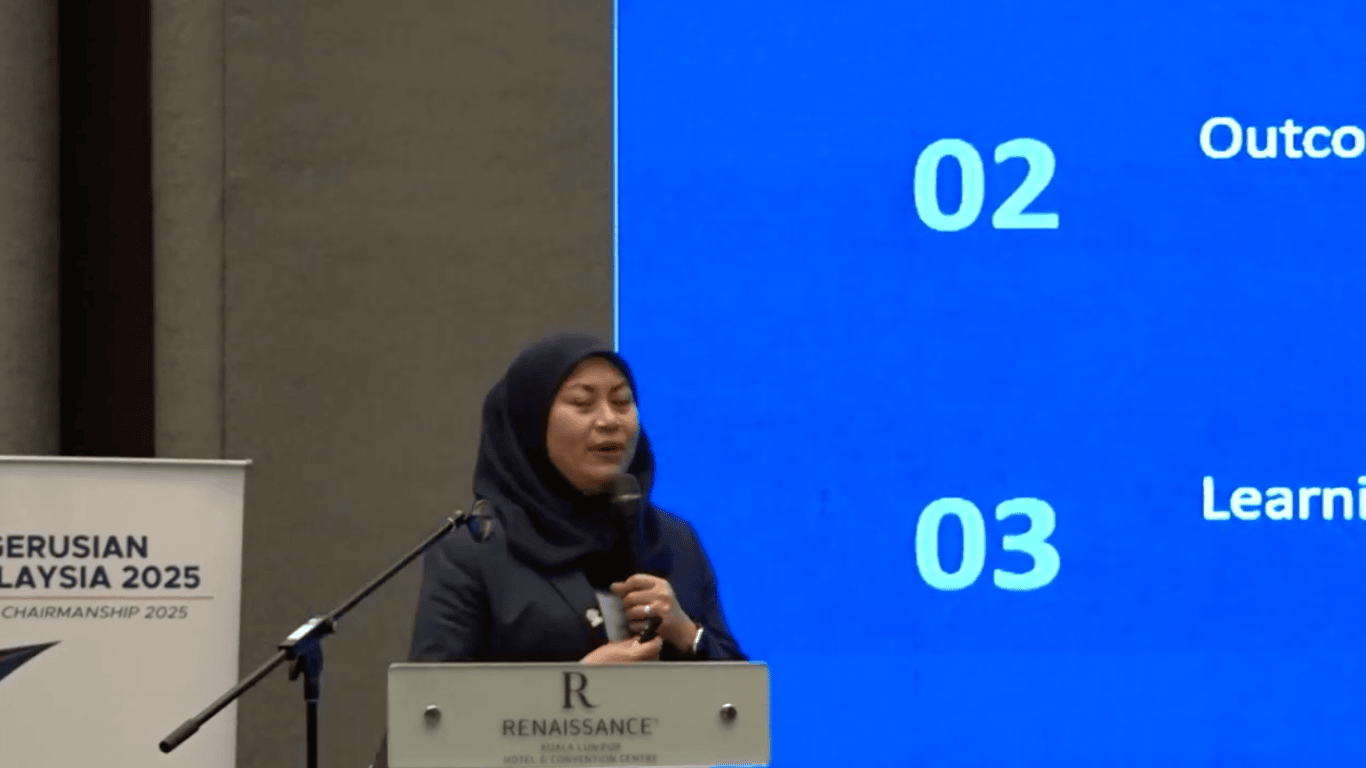
KUALA LUMPUR (Feb 7): Minister of Natural Resources and Environmental Sustainability, Nik Nazmi Nik Ahmad, proudly announced that the Low Carbon City 2030 Challenge (LCC2030C) programme achieved a significant milestone last year by successfully reducing a total of 3,030,397.07 tonnes of carbon dioxide equivalent.
He underscored that the initiative also resulted in an equivalent carbon absorption of 45,195.22 tonnes, akin to planting 76,889,807 million trees or eliminating the annual carbon footprint of 665,765 cars on the road.
“The involvement of local authorities in the LCC2030C programme is vital because this initiative measures the rate of greenhouse gas emissions under the five main elements of energy, water, waste, transport, and green spaces or carbon sequestration.
“The government hopes that by the year 2030, Malaysia will achieve the target of creating 200 Low Carbon Zones and 1,000 Low Carbon Partners in all the 155 local authorities nationwide,” he said at the opening ceremony of the 2023 Low Carbon City Awards here on Wednesday night.
Nik Nazmi emphasised that the country must sustain its commitment and progressive approach in addressing climate change challenges across different levels.
“For example, at the global level, Malaysia was actively engaged in the United Nations Climate Change Conference 2023 in Dubai, United Arab Emirates recently which saw the largest participation of the Malaysian delegation in history.
“Malaysia is committed to achieving its target of reducing greenhouse gas emissions by 45 percent against gross domestic product (GDP) in 2030 and its aspiration to achieve net zero carbon emissions as early as 2050,” he said.
Also present at the event was Malaysian Green Technology and Climate Change Corp (MGTC) chief executive officer Shamsul Bahar Mohd Nor.
The ceremony saw the presentation of 85 Diamond awards celebrating outstanding achievements in carbon emission reduction across the key elements of energy, water, waste, mobility, and green spaces.
There were also two Diamond recognitions for the potential to reduce greenhouse gas emission rates through the implementation of low-carbon city strategies at the design level.
Finally, there were 15 Provisional Certificates awarded for the development of benchmark data and low-carbon action plans in low-carbon zone areas and low-carbon partners as well as four Special Awards.
Sumber: The Edge





